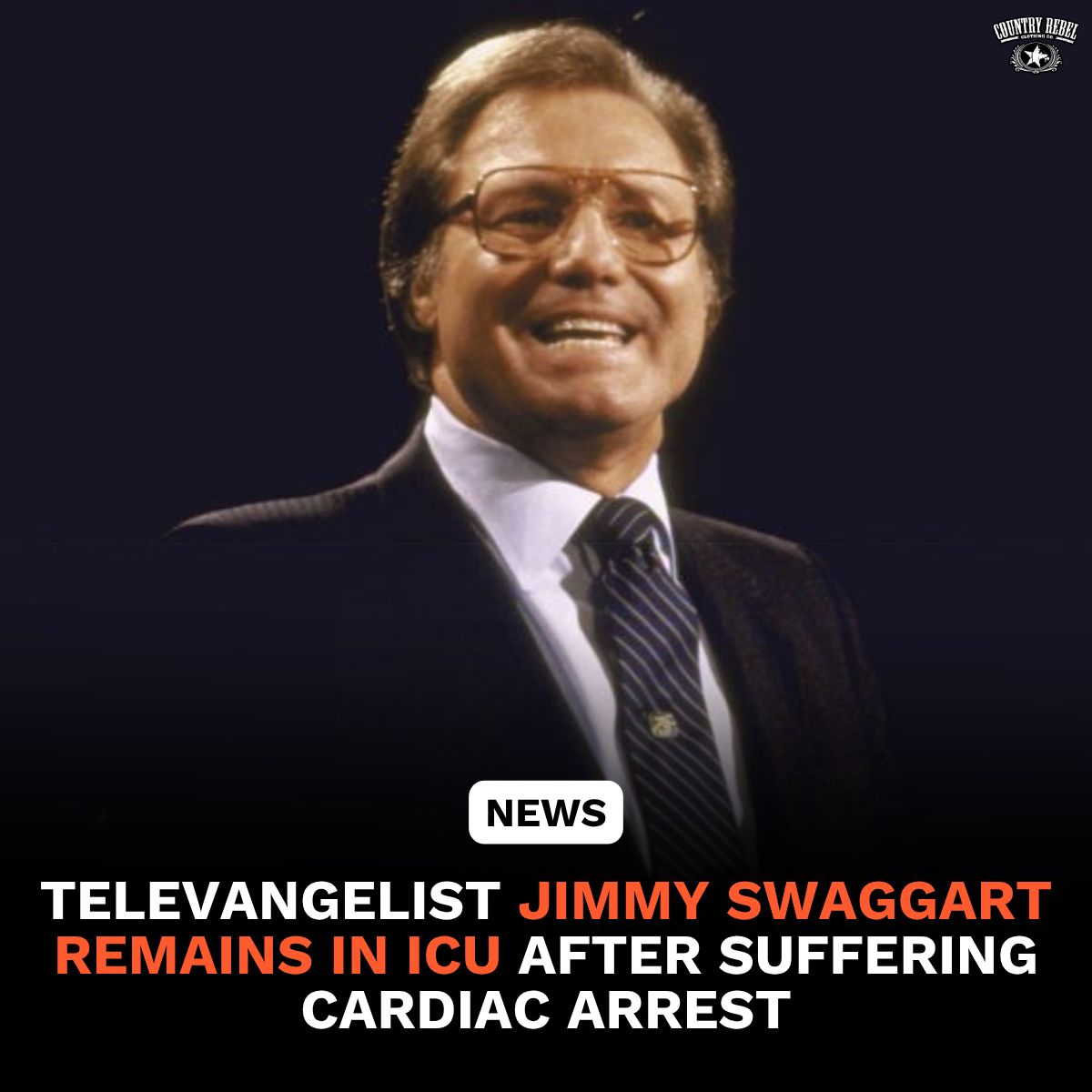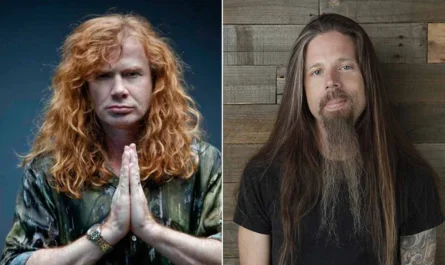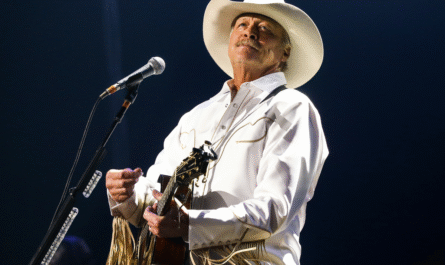In the heart of American country music, few love stories have etched themselves so deeply into its soul as the one between Johnny Cash and June Carter Cash. Their bond wasn’t picture-perfect, but it was raw, resilient, and heartbreakingly human—a love that survived demons, doubts, and decades, leaving behind a legacy that feels as alive today as it did on the stages of the Grand Ole Opry.
Their story begins in 1956, backstage at the Opry. Johnny, the “Man in Black,” was still rising—a deep voice with even deeper troubles. He was magnetic, already haunted. June, born into the legendary Carter Family, was radiant and grounded, a beacon of tradition with a spark of her own. The chemistry between them was immediate, electric. But fate, as it often does in the best country songs, took its time. Johnny was married. June had her own life, her own trials. Still, they were drawn to each other, both on stage and off, circling around one another like verses in a ballad waiting for the right chorus.

Over the next decade, their friendship grew as they toured together. The road brought late-night conversations, spiritual searching, and a growing love wrapped in heartache and hope. On stage, their chemistry was undeniable. When they sang “Jackson” or “It Ain’t Me Babe,” audiences could feel something real pulsing through the lyrics—flirtation, tension, tenderness. They weren’t just performing; they were living the songs in real-time.
But love didn’t come easy. Johnny battled addiction and the weight of fame. June, steadfast and faithful, stood by him—not as a savior, but as a partner who knew his pain and refused to give up on the man behind the myth. In 1968, after years of friendship, failed attempts, and quiet prayers, Johnny proposed to June during a live performance in London, Ontario. This wasn’t just a grand gesture—it was a final plea, a promise. She said yes.
Their marriage was more than a union of two icons—it was a turning point. June became Johnny’s anchor, his safe harbor. Together, they rebuilt his life, brick by brick, with music, laughter, and fierce devotion. Johnny credited her with saving him—emotionally, spiritually, even physically. And through it all, they never lost that spark. They bickered, bantered, and believed in one another, turning their love into art.

Their duets became sacred ground for country fans. “If I Were a Carpenter,” “Darlin’ Companion,” and “The Loving Gift” weren’t just songs—they were conversations between two souls stitched together by love and fire. In a genre built on truth and vulnerability, Johnny and June gave us both in spades.
When June passed away in May 2003 after complications from heart surgery, Johnny was devastated. He was visibly broken, a man who had lost his compass. Four months later, he joined her. Many said he died of a broken heart—and perhaps he did. In his final days, he still spoke of her often, saying, “The spirit of June Carter overshadows me tonight with the love she had for me and the love I have for her.”
But it was in his haunting final performance of “Hurt”—a cover of a Nine Inch Nails song—that the world truly saw the depth of Johnny’s grief. The music video, released shortly before June’s passing, plays like a living eulogy. His voice is cracked and fragile, his hands tremble, his eyes brim with sorrow. There’s no glitz, no glamour—just a man reckoning with his life, his regrets, and the woman who carried him through it all.

As the video nears its end, Johnny lays his hand on a piano and closes the lid, the camera lingering on the motion. It’s simple. Final. Devastating. For fans, it was more than just a closing shot—it was Johnny saying goodbye, not only to music, but to the love that defined his life.
For country music fans, the story of Johnny and June isn’t just romantic—it’s foundational. It reminds us why we listen to country in the first place: to feel something real. To honor the hard roads. To celebrate the kind of love that outlasts storms. Their story plays out like the perfect country song—filled with longing, grace, redemption, and one unforgettable last note.
And that note still echoes, through every crack in Johnny’s voice, every lyric sung together, and every heart that breaks just a little when “Jackson” comes on the radio. Johnny and June taught us that love doesn’t have to be perfect to be eternal—it just has to be true.




